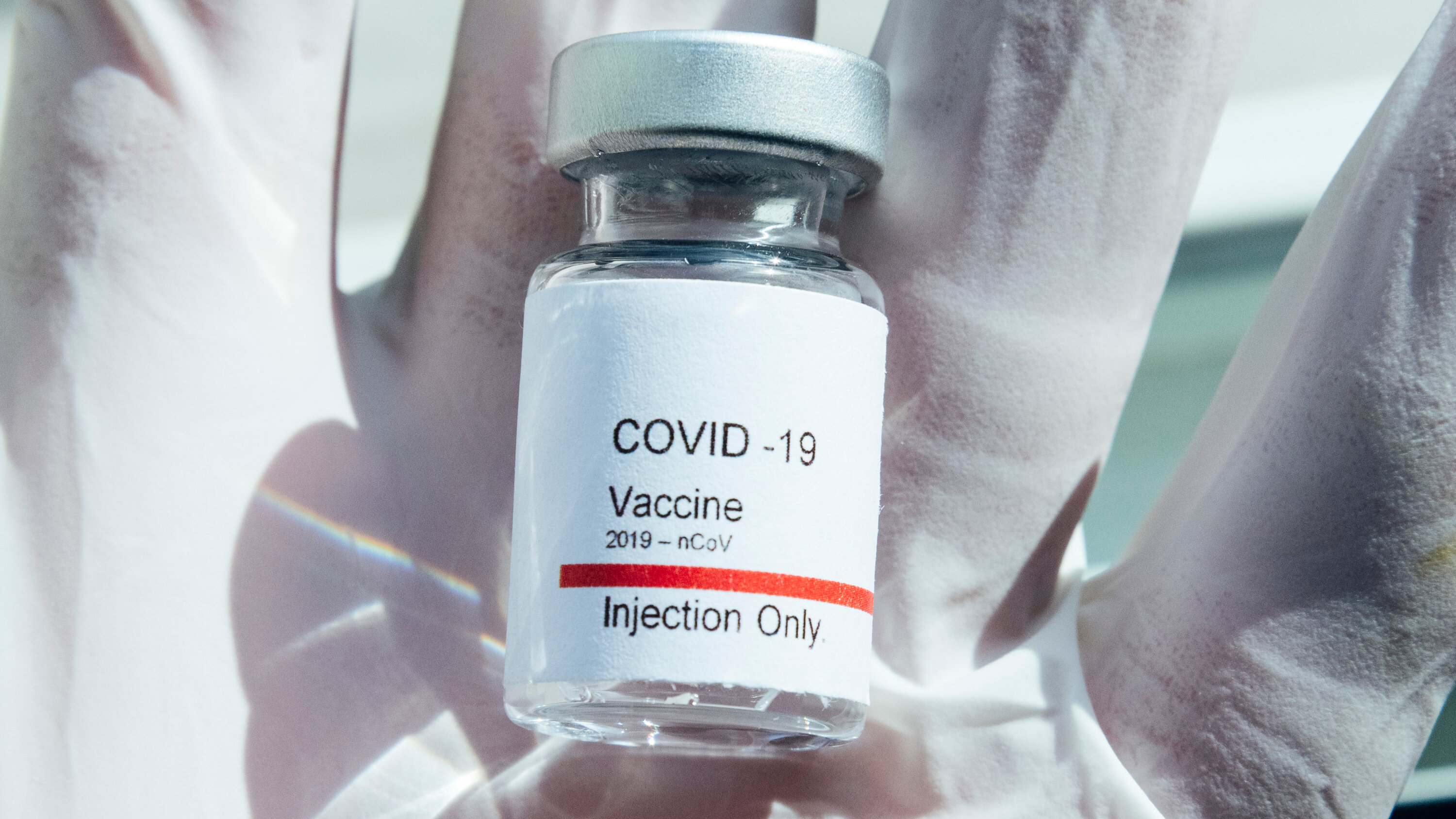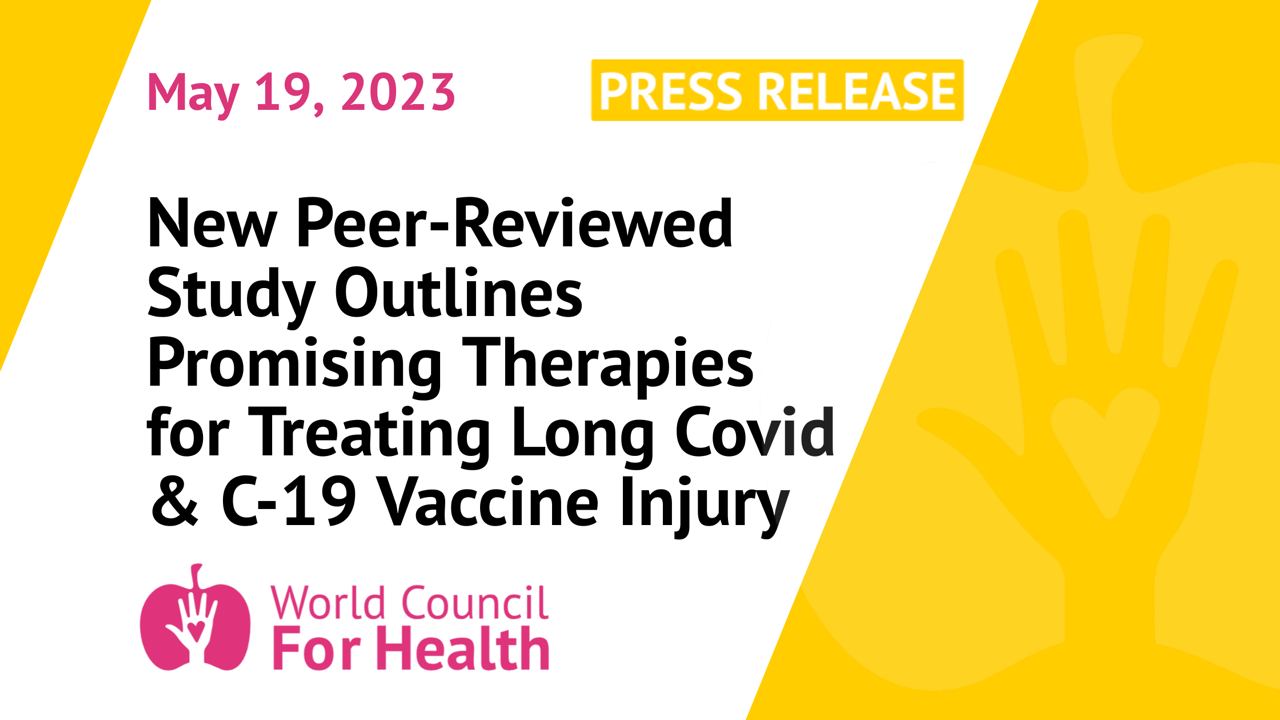COVID-19 Vaccination: Lowering Your Long COVID Risk

Table of Contents
The Link Between COVID-19 Vaccination and Reduced Long COVID Risk
Numerous clinical studies have demonstrated a strong correlation between COVID-19 vaccination and a significantly lower risk of developing Long COVID. While vaccination doesn't eliminate the risk entirely, it dramatically decreases the likelihood and severity of long-term symptoms. This protective effect is attributed to several factors, highlighting the effectiveness of vaccination against Long COVID.
- Studies show vaccinated individuals experience less severe initial infections. A milder initial infection translates to a lower viral load and less damage to the body's systems, reducing the chance of persistent problems.
- Reduced severity correlates with a lower chance of developing Long COVID. The less severe your initial illness, the less likely you are to suffer from the lingering effects of Long COVID.
- Vaccination offers broader protection against various COVID-19 variants. This is crucial, as different variants can cause different symptoms and levels of severity. Staying up-to-date with vaccinations provides protection against a wider range of strains.
- Data indicates a decreased duration of symptoms in vaccinated individuals who contract the virus. Even if a vaccinated individual does experience symptoms, they are often less prolonged than in unvaccinated individuals.
How Vaccination Protects Against Long COVID
The protective effect of COVID-19 vaccination against Long COVID stems from its impact on the body's immune response. Vaccination triggers a robust and rapid immune response, minimizing the virus's ability to cause widespread damage and inflammation.
- Vaccination enhances the body's ability to fight off the virus quickly. This swift response limits the duration of the infection and minimizes the opportunity for long-term damage.
- Stronger immune response leads to lower viral replication. A robust immune system effectively controls the virus, preventing it from replicating excessively and causing widespread damage to organs and tissues.
- Reduced inflammation minimizes long-term organ damage. Inflammation is a significant contributor to many Long COVID symptoms. Vaccination helps to mitigate this inflammatory response, reducing the risk of persistent problems.
- Vaccines help prevent reinfection, further reducing Long COVID risk. By reducing the chance of getting COVID-19 again, vaccination further minimizes the potential for developing Long COVID.
Long COVID Symptoms and Vaccination's Impact
Long COVID encompasses a wide range of persistent symptoms, impacting various bodily systems. Vaccination has shown a positive impact in reducing the likelihood and severity of many of these symptoms.
- Vaccination may reduce the incidence and severity of "brain fog." This common Long COVID symptom, characterized by cognitive dysfunction, is often less prevalent or severe in vaccinated individuals.
- Evidence suggests vaccinated individuals experience less prolonged fatigue. This debilitating symptom, often lasting for months in unvaccinated individuals, is typically less severe and shorter-lasting in vaccinated individuals.
- Reduced respiratory issues in vaccinated individuals post-infection. Problems such as shortness of breath and persistent cough are often less severe or absent in vaccinated individuals who contract COVID-19.
- Vaccination can lessen the severity and duration of muscle pain and other symptoms. A range of other symptoms, including muscle aches, joint pain, and gastrointestinal issues, are also mitigated by vaccination.
Staying Up-to-Date with COVID-19 Vaccinations and Boosters
Maintaining optimal protection against Long COVID requires staying up-to-date with recommended COVID-19 vaccinations and boosters. As the virus evolves, new variants emerge, and boosters are crucial for continued protection.
- Booster shots enhance immunity against new variants. Boosters reinforce the immune response, providing better protection against emerging variants and their potential to cause prolonged symptoms.
- Regular boosters maintain higher antibody levels. Antibody levels naturally decline over time, and boosters help to maintain a strong level of protection.
- Staying up-to-date is crucial for sustained protection. This ongoing protection significantly reduces the risk of severe illness, including the risk of developing Long COVID.
- Consult your doctor for the appropriate vaccination schedule. Your doctor can advise you on the recommended vaccination and booster schedule based on your individual circumstances.
Conclusion
COVID-19 vaccination is a crucial tool in minimizing your risk of developing Long COVID. Numerous studies demonstrate a significant reduction in the likelihood and severity of this debilitating condition among vaccinated individuals. By understanding the mechanisms of protection and staying up-to-date with recommended vaccinations and boosters, you can actively protect yourself from the long-term consequences of COVID-19.
Call to Action: Protect yourself from Long COVID. Talk to your doctor today about getting your COVID-19 vaccination and boosters. Take control of your health and lower your risk of this persistent and often debilitating condition. Don't delay – get vaccinated and safeguard your future. Your COVID-19 vaccination is a key step in preventing Long COVID.

Featured Posts
-
 Koeln Venloer Strasse Bleibt Einbahnstrasse Anwohner Gewinnen
May 29, 2025
Koeln Venloer Strasse Bleibt Einbahnstrasse Anwohner Gewinnen
May 29, 2025 -
 Talk To Me Sequel Each New Trailer Amplifies The Horror
May 29, 2025
Talk To Me Sequel Each New Trailer Amplifies The Horror
May 29, 2025 -
 Aftenposten Redaktor Karet Til Arets Redaktor
May 29, 2025
Aftenposten Redaktor Karet Til Arets Redaktor
May 29, 2025 -
 The Impact Of Covid 19 Vaccines On Long Covid Incidence
May 29, 2025
The Impact Of Covid 19 Vaccines On Long Covid Incidence
May 29, 2025 -
 Hl Ansf Alqwmu Dhkra Astqlalna Wmhtat Mhmt
May 29, 2025
Hl Ansf Alqwmu Dhkra Astqlalna Wmhtat Mhmt
May 29, 2025
